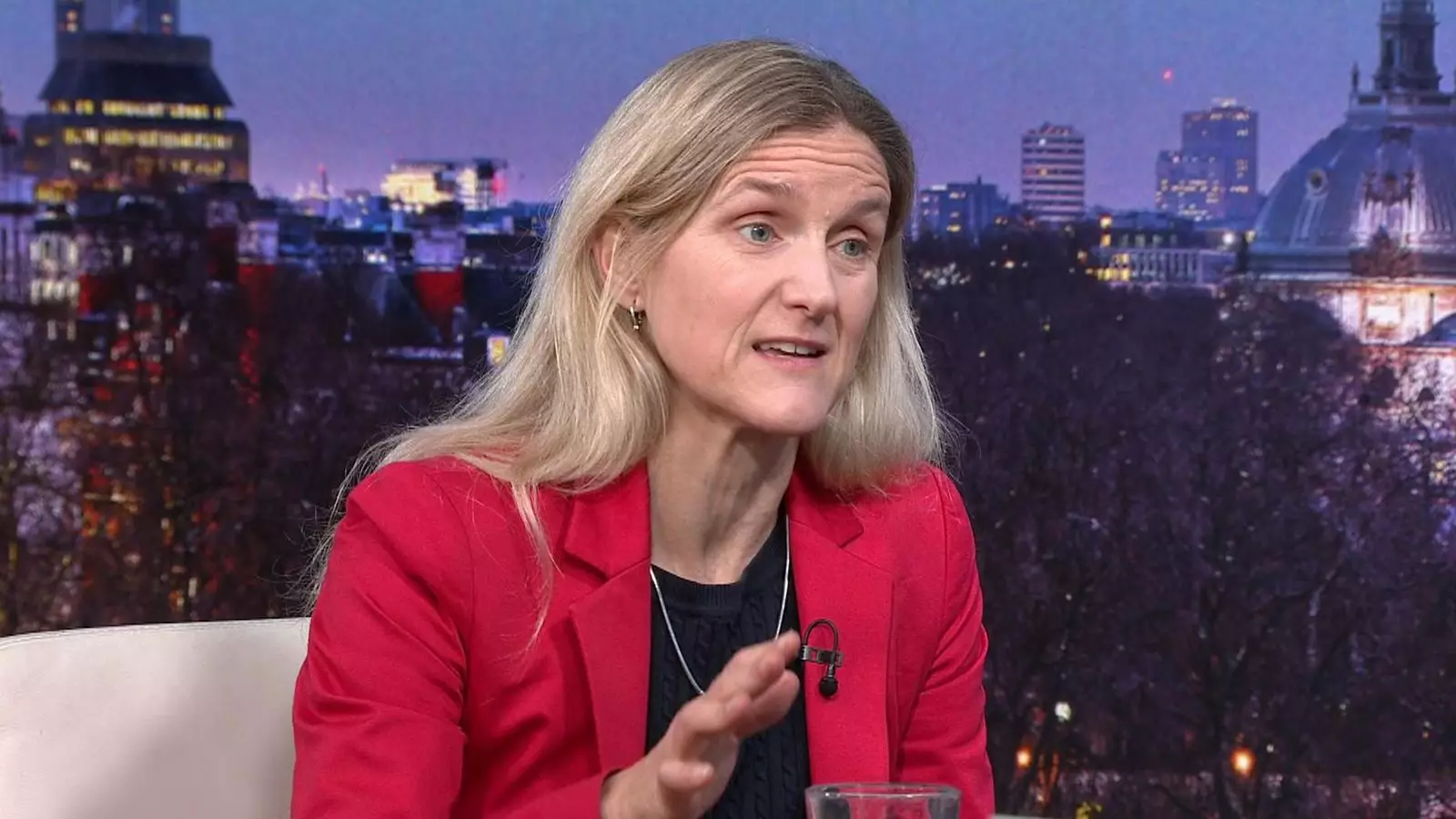The ongoing debate surrounding assisted dying in the United Kingdom has frequently been a source of tension and contention among lawmakers, healthcare professionals, and the public. As discussions intensify, Labour MP Kim Leadbeater has proposed pivotal amendments to her initial Terminally Ill Adults (End of Life) Bill, which could significantly alter the pathway for individuals seeking assisted death. This new approach focuses on a multi-disciplinary panel overseeing such decisions, indicative of a broader shift in how society perceives autonomy and healthcare practices related to end-of-life care.
Under the original framework of the Terminally Ill Adults (End of Life) Bill, requests for assisted dying necessitated the approval of a High Court judge, in addition to the assent of two medical practitioners. This stipulation aimed to establish a firm legal barrier—an attempt to prevent misuse or coercion. However, Leadbeater’s revised proposal suggests replacing unilateral judicial oversight with a triad of specialists, including professionals from psychiatric and social work backgrounds, thereby aiming for a more nuanced evaluation system. The reasoning behind this shift lies in the belief that a diverse panel could provide a more comprehensive understanding of the individual’s circumstances, rather than a single judge’s perspective, which may be less attuned to the complexities of individual cases.
Leadbeater refers to this new model as a “judge plus” system. By doing so, she argues that it not only preserves essential safeguards but potentially enhances them, ensuring that the best interests of patients are central to decision-making processes. While the aim is to refine the legislative framework to better suit the multifaceted nature of assisted dying, critics maintain that these changes could undermine existing protections.
The proposal has not been without its detractors. Many critics, including Conservative MP Danny Kruger, view this legislative adjustment as a dangerous dilution of safeguards previously established to protect vulnerable individuals. Kruger labeled the proposed amendments a “disgrace,” warning that abandoning judicial oversight could open the floodgates for potential manipulation or coercion. The fears surrounding the potential for such outcomes are echoed by Labour MP Diane Abbott, who characterized the bill as “rushed” and “badly thought out,” suggesting it is not yet ready for implementation.
Particularly concerning is how amendments may affect marginalized groups, including those with disabilities. Charities like Mencap have raised alarms over the possibility that vulnerable individuals might feel societal pressure to choose assisted death, challenging the notion of genuine self-determination. Their concerns critically emphasize the need for continued vigilance against potential exploitation amid evolving legislation.
To further bolster the proposed safeguards, Leadbeater’s revised bill also introduces the concept of a Voluntary Assisted Dying Commission, headed by a former or current High Court judge. This commission would actively oversee applications and ensure that decisions made by the triad panels are well-founded and legitimate. By establishing this layer of oversight, Leadbeater aims to assuage fears about the potential for abuse within the assisted dying framework.
Yet, this approach raises questions about the practicality and efficiency of the proposed system. While the goal of a multi-disciplinary assessment is commendable, it must be executed with a clear understanding of how it will operate in practice. Ensuring that all professionals involved can collaborate effectively while maintaining the dignity and rights of individuals seems a daunting task, raising queries about the feasibility of such systems within the current healthcare infrastructure.
As the bill prepares for further scrutiny by a committee of MPs, the outcome remains uncertain. The committee’s prior vote indicated a significant support base, yet the criticisms and reservations expressed by various factions underscore the complexity of assisted dying legislation. It remains essential to strike a delicate balance between respect for individual autonomy and robust safeguards against coercion.
Ultimately, the evolution of the Terminally Ill Adults (End of Life) Bill may well reflect society’s grappling with profound ethical questions surrounding life, death, and the rights of the terminally ill. As discussions forge ahead, the importance of comprehensive and inclusive dialogue cannot be overstated—one that embraces diverse perspectives while prioritizing the welfare of the most vulnerable individuals within society.

Leave a Reply